Impressive is the word best describing the age of the oldest “chitalishte” in a Bulgarian village, a cultural institution characteristic of the Bulgarian National Revival period. The “chitalishte” or cultural community centre in question was founded 150 years ago in the village of Svezhen located in Sarnena Sredna Gora, 68 km away from Plovdiv. The village itself boasts a turbulent and eventful past. It dates back to the 14th century, and the first settlers were boyars (local noblemen) who escaped from Tarnovo, the medieval capital of Bulgaria, seeking in this picturesque place a salvation from the Turkish raids. Many of its residents took part in the April uprising of 1876 against the Turkish Domination, and in 1877 the village was burned down by the retreating hordes of Suleiman Pasha during the Russo-Turkish War of Liberation. The blue aristocratic blood of the founders may be the basis of the rapid economic and cultural upsurge of the village of Adjar (as it was then called) and it grew to become a spiritual centre in the area.
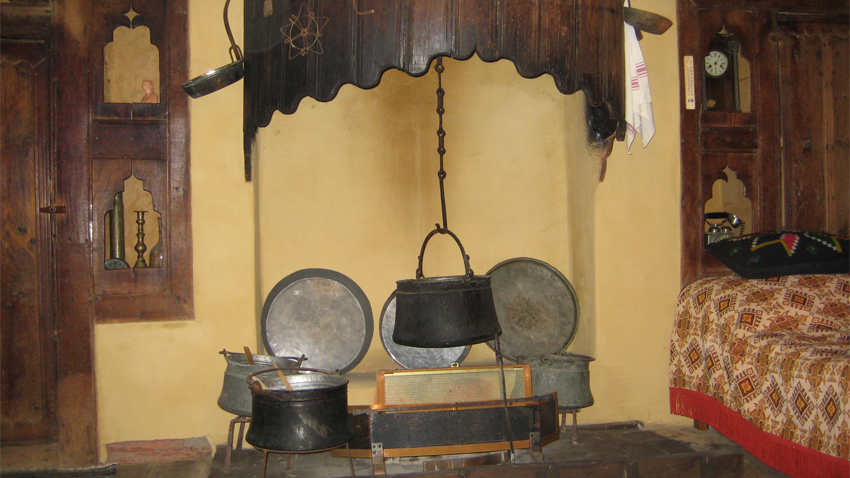
Along with the development of rose production, livestock breeding, local crafts of frieze making, shoemaking, kaftan sowing, people kept their traditions and developed educational activities. Around the 16th century a literary school was founded at the local Saint George’s Church, a successor to the Tarnovo Literary School. In 1835, after decades of more primitive monastic forms of education, the first secular school was opened, followed by the cultural community centre (chitalishte) in 1868.
More about its past and present we learn from Ms. Dorthe Enkov, a woman of Danish origin who has lived in Bulgaria for the past few years and has dedicated herself to her work as secretary of the chitalishte in the village of Svezhen:
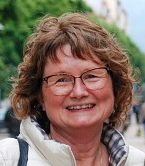 “I have been living with Bulgarian culture for more than 35 years. I have graduated Bulgarian Philology at the University of Copenhagen. I’ve always had a professional relationship with Bulgaria. I have been an editor and consultant on Bulgaria for the National Danish Encyclopedia. I have written articles about the life and culture in Bulgaria. The history of our village is very rich. The foundation of the local chitalishte was documented in the Macedonia newspaper, issue 43 of 1869, which reads: "Last year, with the help of a couple of bright young people a community centre was established here. The aim is to open a school for girls in the village and to support it." The founders were Geno Serafimov, father of the Rhodopean liberator, Colonel Vladimir Serafimov, and the teachers Ruski Nikolov and Dimitar Popov.
“I have been living with Bulgarian culture for more than 35 years. I have graduated Bulgarian Philology at the University of Copenhagen. I’ve always had a professional relationship with Bulgaria. I have been an editor and consultant on Bulgaria for the National Danish Encyclopedia. I have written articles about the life and culture in Bulgaria. The history of our village is very rich. The foundation of the local chitalishte was documented in the Macedonia newspaper, issue 43 of 1869, which reads: "Last year, with the help of a couple of bright young people a community centre was established here. The aim is to open a school for girls in the village and to support it." The founders were Geno Serafimov, father of the Rhodopean liberator, Colonel Vladimir Serafimov, and the teachers Ruski Nikolov and Dimitar Popov.
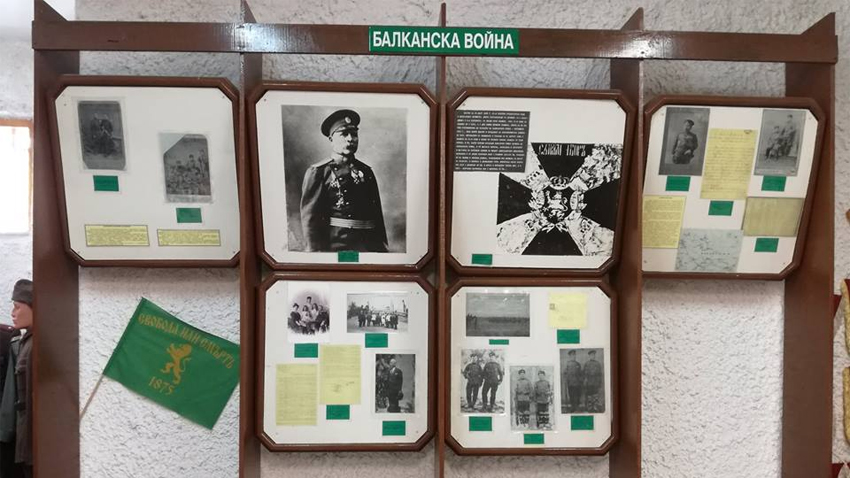
At that time the village was very large – it had some 5,000 residents and the community centre brought together the local intelligentsia. The people here have always been bright and public-spirited individuals. There was a period in which the Adjar Damascines, a type of religious medieval books, were written here. We also have a library which was set up with the help of donations from the very beginning. This tradition has not stopped to this day. Last year alone we received more than 1,000 books. And the library building was also built with the help of donations and voluntary work,” Ms. Dorthe Enkov explains.
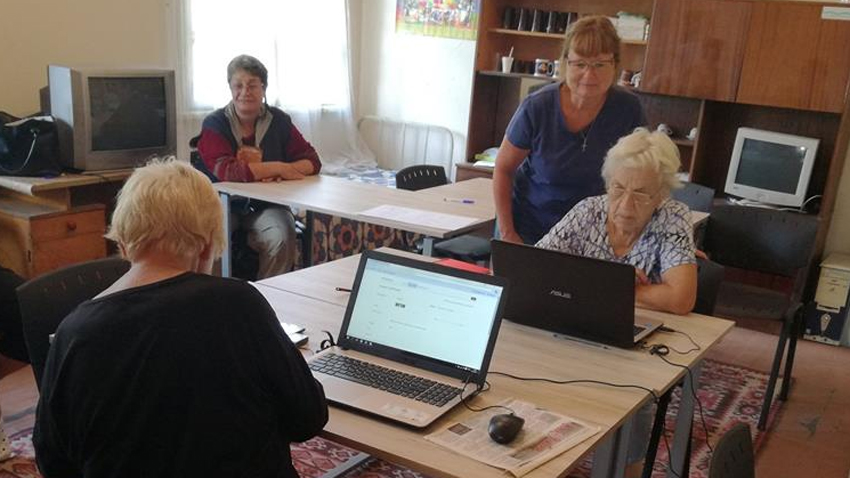
Today the chitalishte in the village of Svezhen has taken on a different role. Dorthe Enkov and her colleagues organized a computer literacy course, emphasizing on how people can use Skype and Facebook, so that the elderly people can interact with their children and grandchildren around the world. Last year they also conducted a certified social skills course.
Earlier this year, on July 27, the village marked the anniversary of its community cultural centre with a folk concert - 20 groups from 10 cultural community centres participated. There were also guests from Belgium who spent a week rehearsing Bulgarian folk music in the village. The event turned into a real celebration for everyone attending, Dorthe says.

On August 4, an exhibition was unveiled, dedicated to the last days of Hadji Dimitar in this region (he was wounded nearby and local shepherds took care of him in the mountains).
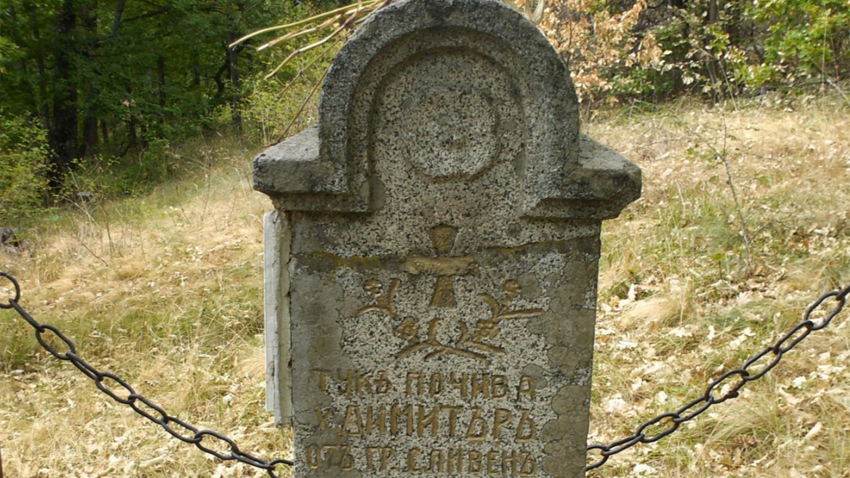
Dorthe Enkov invited us to the traditional holiday of the village which is marked on August 18th. She explains the program on this day does not change over time, so that residents and guests will know what to expect and feel like "home". The holiday always begins with a kurban meal, followed by songs and dances performed by different folk groups.
English version Rossitsa Petcova
Photos: libraryAtanasovden, also known as Midwinter in our folk calendar, is a holiday on which the Orthodox Church and our folklore pay tribute to St. Athanasius the Great – Archbishop of Alexandria and a fighter against Arianism (church heresy which rejects the..
The only chapel in the country to bear the names of Saints Anthony and Atha nasius is in Sandanski, and its consecration will be performed by His Eminence Metropolitan Seraphim of Nevrokop, reports Andon Kotev - one of the initiators of the idea to..
On January 17, the Orthodox Church honors the memory of St. Anthony the Great – a zealous advocate of Christianity. At an advanced age, he took part in the Church's struggle against the Arian heresy. Anthony got into an open dispute with the..
All Souls' Day (Zadushnitsa in Bulgarian) is an important day for many Christians. On this day, we remember deceased relatives and loved ones. The first of..
Meatfare Sunday in 2025 will be remembered as a major celebration for the Bulgarian Orthodox Church and the entire Bulgarian community in the United..

+359 2 9336 661
